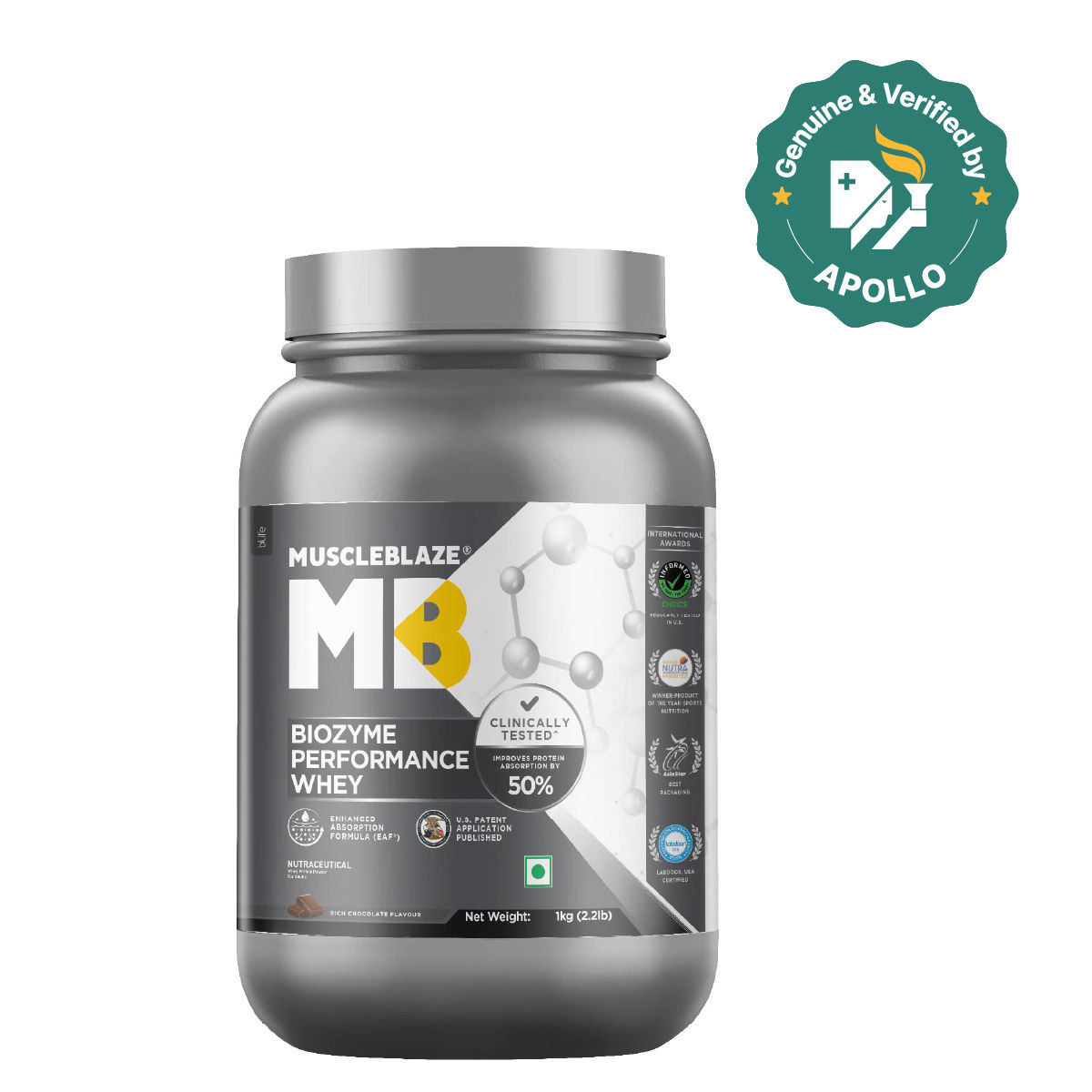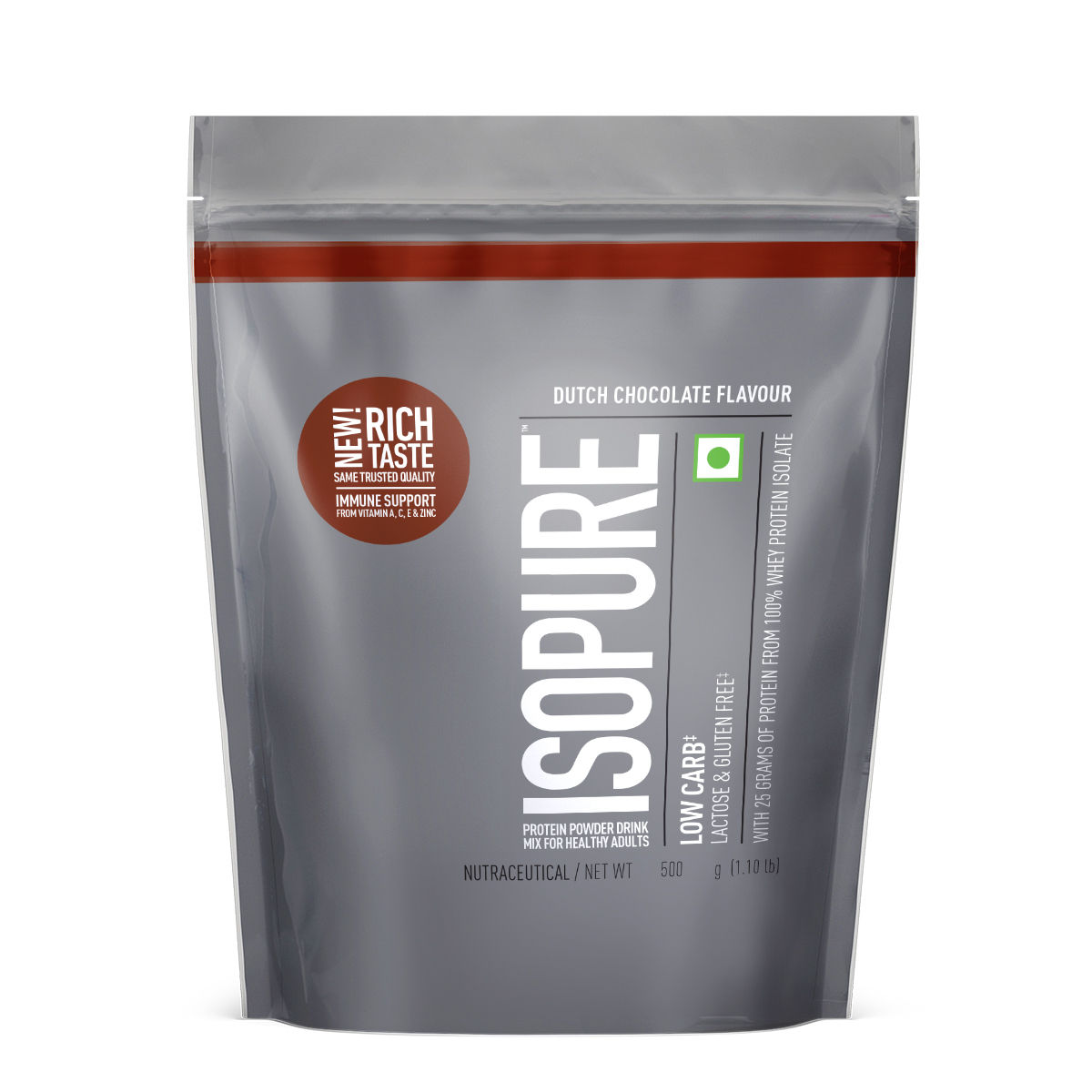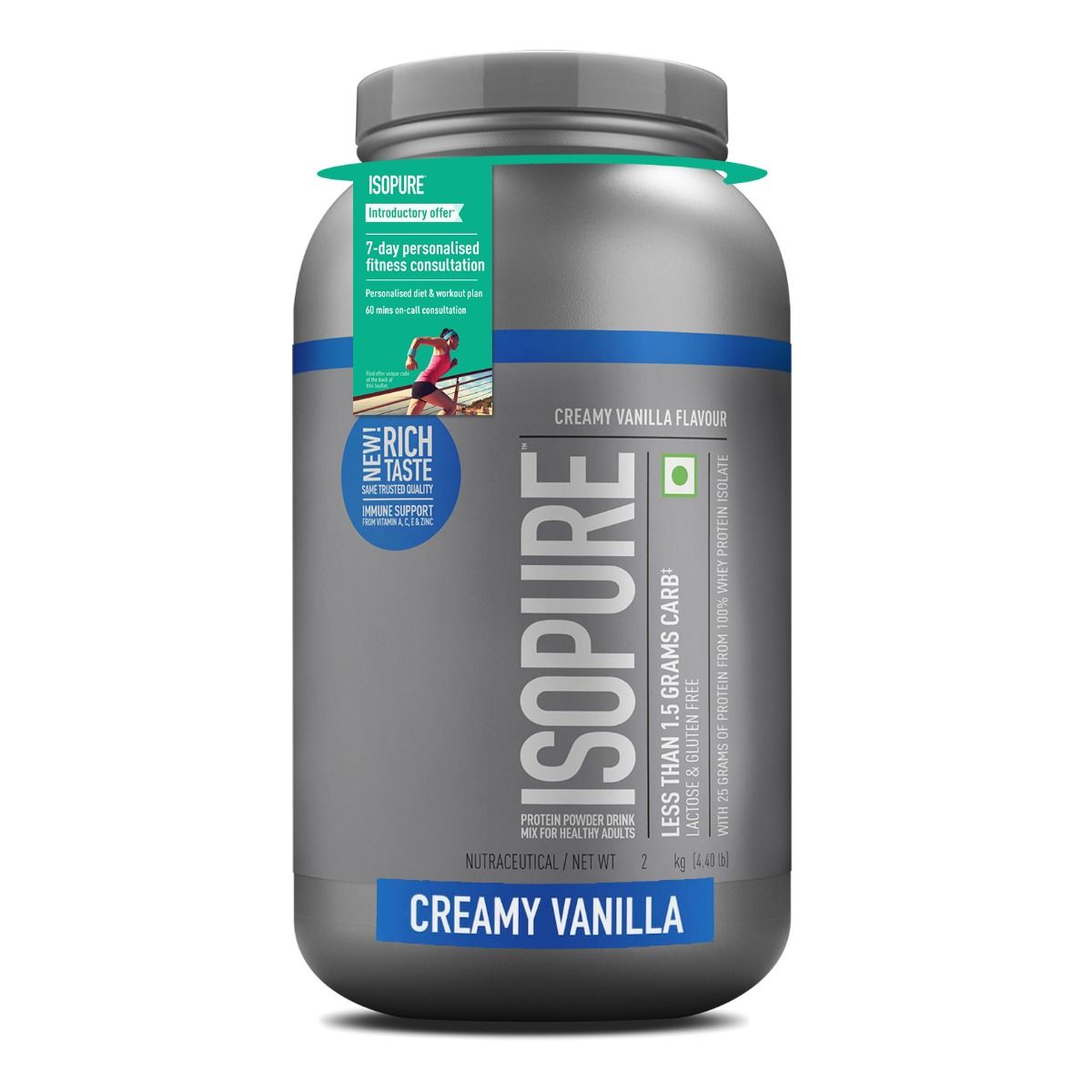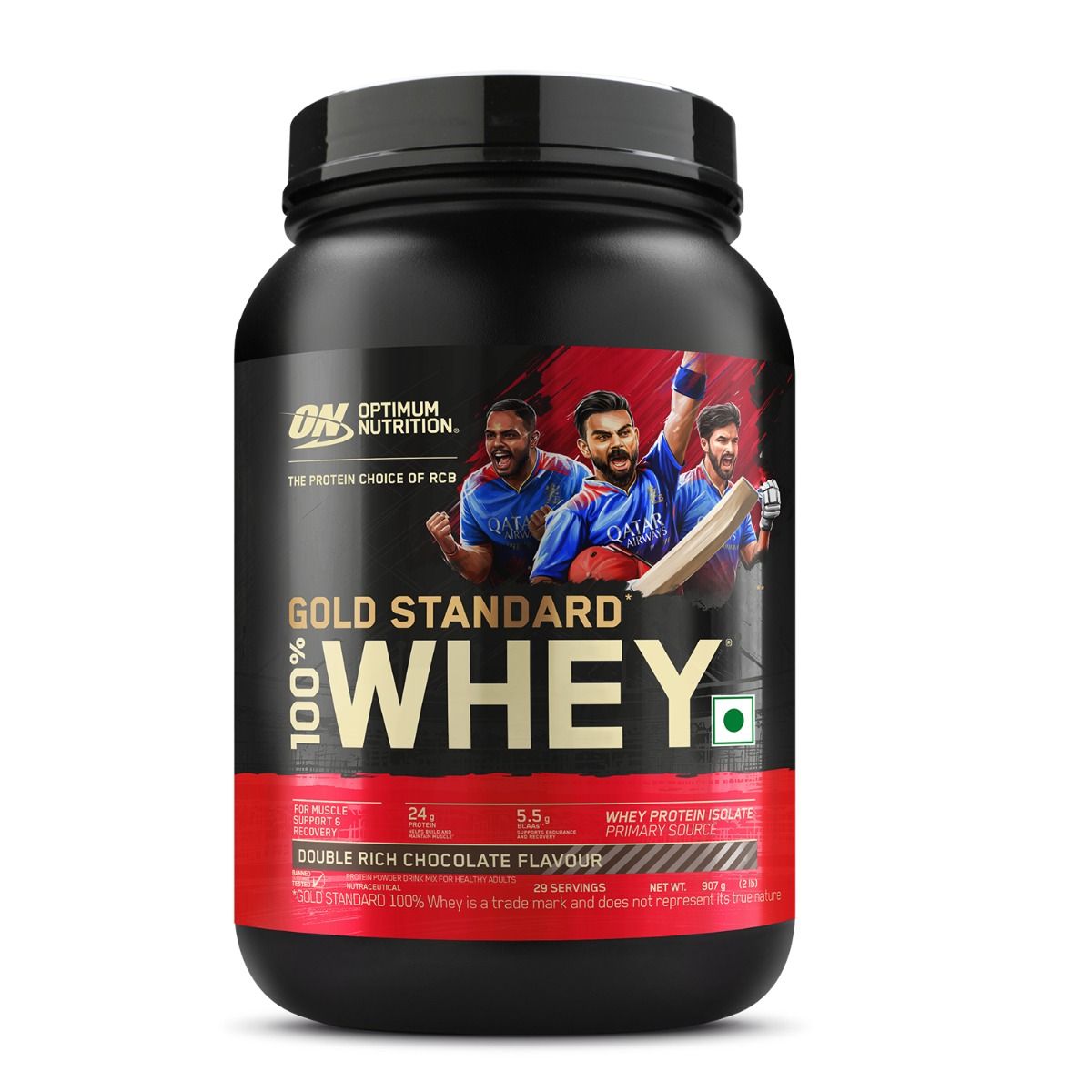Protein powder has become one of the most popular supplements for a wide range of people, from dedicated gym-goers aiming to build muscle to busy professionals looking for a convenient way to meet their daily protein needs. However, with the growing popularity of protein supplements, the market has also seen an increase in counterfeit and low-quality products. These fake products can be misleading, ineffective, and in some cases, harmful to your health.
It’s not always easy to tell whether a protein powder is genuine just by looking at the packaging, especially with clever labelling and marketing tactics. That’s why it’s essential to know the signs of fake protein powder and understand the steps you can take to verify its authenticity. By learning how to check ingredients, certification labels, and trusted sources, you can make informed choices and avoid wasting money—or risking your health—on substandard products.
This article will guide you through practical tips to spot fake protein powder, choose safe options, and protect your health while still getting the benefits of this convenient supplement. With a little knowledge and vigilance, you can confidently select a protein powder that truly supports your fitness and nutrition goals.





